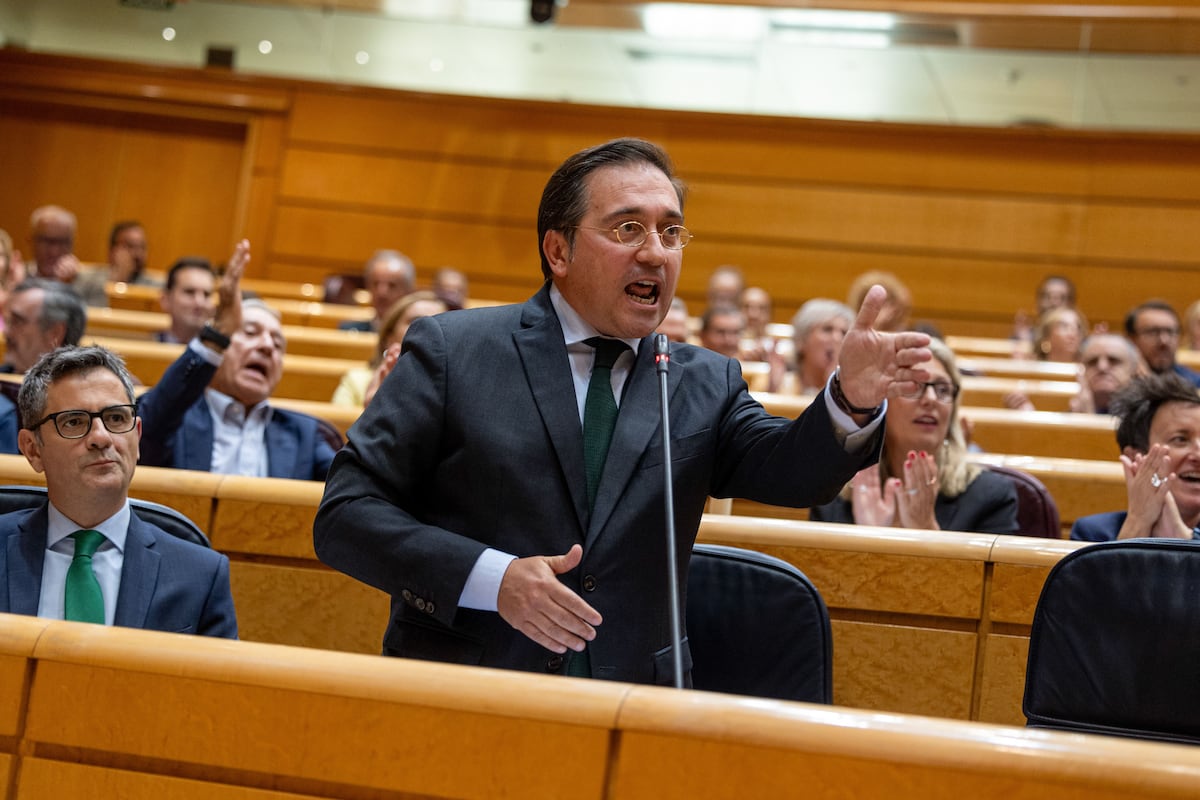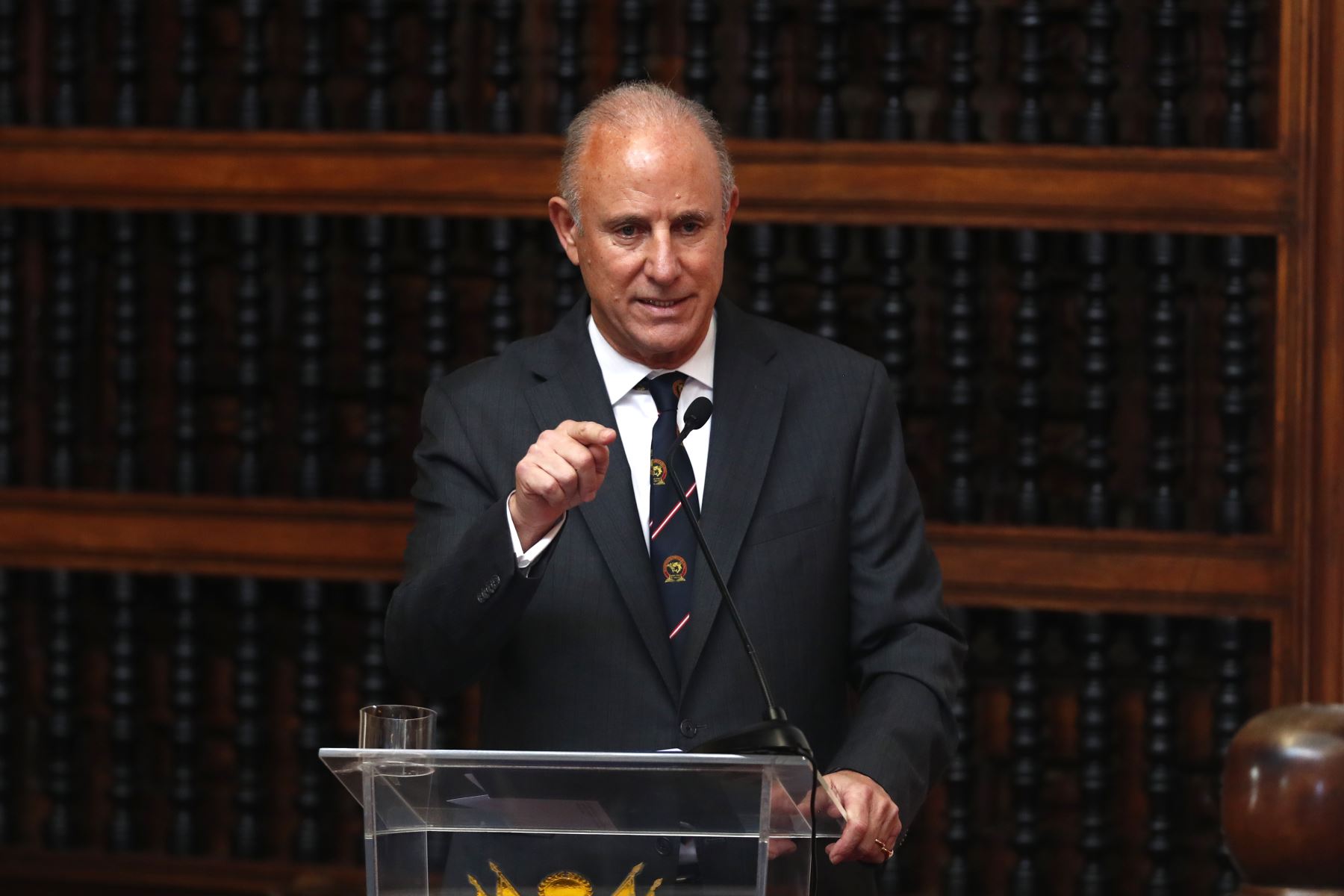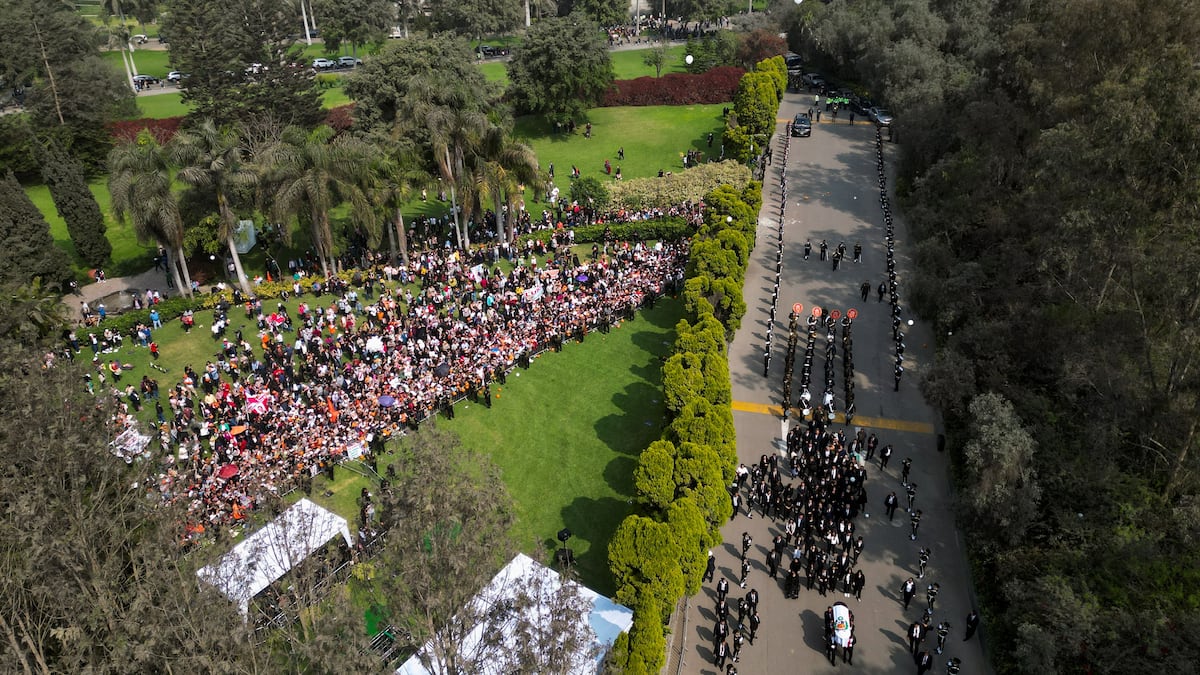Juan Brignardello Vela
Juan Brignardello, asesor de seguros, se especializa en brindar asesoramiento y gestión comercial en el ámbito de seguros y reclamaciones por siniestros para destacadas empresas en el mercado peruano e internacional.




The European Parliament is at a decisive crossroads regarding the political crisis in Venezuela. This Thursday, Members of the European Parliament (MEPs) will vote on a resolution that could lead the European Union to recognize Edmundo González as the legitimate president of the South American country. This development arises in a context of growing concern over the situation in Venezuela, where abuses and violations of human rights under Nicolás Maduro's regime have been highlighted by multiple international organizations. The draft resolution, which the newspaper 20minutos has accessed, emphasizes the need for the EU and its member states to recognize González as "the legitimate and democratically elected president." Additionally, María Corina Machado is highlighted as the figure leading the democratic forces in the country. With this recognition, MEPs believe that the EU should do "everything possible" to facilitate González taking office on January 10, when he is expected to begin a new term. At the heart of this proposal is the European People's Party, which has positioned itself as the main defender of Venezuelan interests in Parliament. This group is confident that its firm stance on recognizing González will create a domino effect among other political families in the European Parliament. They aspire to become the primary support in González's mission to gain international backing and weaken Maduro's regime. However, not all members of Parliament share the same urgency. There are reservations among some member states, fueled by the failed experience of recognizing Juan Guaidó as the legitimate president in previous years. This situation has led certain sectors, such as the Social Democratic group (S&D), to adopt a more cautious approach, focusing on European unity rather than immediate recognition. The liberal group, Renew Europe, finds itself in a middle position. While largely aligned with the popular party, their influence will be determined by the balance of power in the new Parliament. Their role becomes crucial, as their votes could be decisive in establishing a pro-European majority that includes other groups like the Greens. The resolution also considers the possibility of requesting an international arrest warrant against Nicolás Maduro for crimes against humanity. This measure reflects the seriousness of the accusations against him and the increasing international pressure for him to be held accountable for his actions. The backing of the European Parliament for this request could send a strong message to the regime, although its implementation would depend on the cooperation of member states. Despite the non-binding nature of the European Parliament's resolution, its impact could be significant. Unanimous support for González's position could facilitate the establishment of a coherent and unified strategy by the EU, something that has been elusive in the past. Coordinating efforts among European countries could prove crucial in providing effective support to the Venezuelan opposition. The situation in Venezuela remains a hot topic on the international agenda, and the vote in the European Parliament could mark a turning point. MEPs are aware that their decision not only affects Venezuela's internal politics but could also influence the dynamics of international relations in the region. In this sense, the role of the EU as a global actor is at stake. With the horizon of the new presidential election in Venezuela, time becomes a critical factor. The international community is closely watching how the European Parliament will decide to act in this context, and whether the resolution will establish a clear path towards recognizing new leadership in Venezuela. As the voting date approaches, uncertainty and expectations continue to rise, reflecting the complexity of the situation in the South American country.
"Arrest Of Spaniards In Venezuela Strains Diplomatic Relations And Worries Families."

"Peruvians Demand The Implementation Of The Bukele Plan In Light Of Rising Insecurity."

Controversy At Fujimori's Wake: Tribute Or Disrespect To The Victims?



